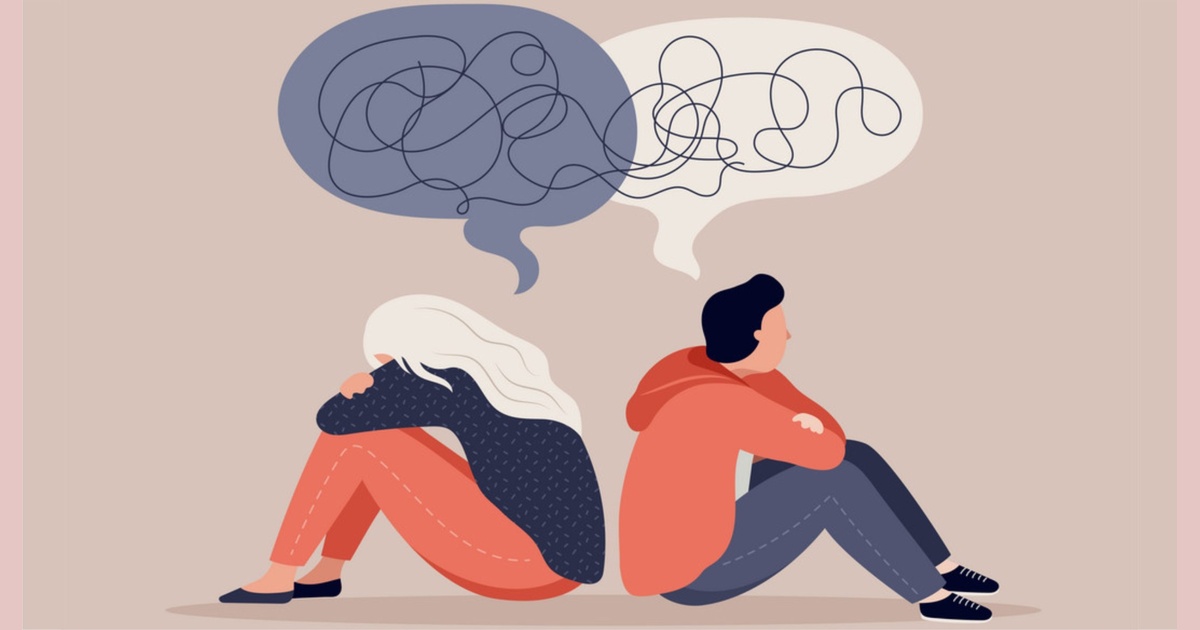A recent Gallup and Walton Family Foundation study has highlighted concerning trends in the mental health of Gen Z compared to millennials.
Mental health of Gen Z vs. Millennials
The study surveyed over 3,000 individuals aged 12-26, revealing that less than half of Gen Z (47%) consider themselves thriving, a lower rate than millennials at the same age.
Specifically, only 41% of Gen Z members aged 18 to 26 are thriving, whereas millennials in the same age bracket thrived at a rate of around 60%.
This disparity in mental well-being is a cause for concern, as Gen Z reports higher levels of negative emotions such as stress, anxiety, and loneliness compared to older generations.
Moreover, when asked to describe their current mental health or well-being, only 15% of Gen Z members aged 18-26 rated it as excellent. This marks a significant drop from a decade ago when 52% of millennials in the same age range reported excellent mental health. In 2004, 55% of individuals aged 18-26, including both millennials and Gen X respondents, reported excellent mental health.
The study suggests that overall declines in mental health over the past decade may be a contributing factor to this significant decrease in Gen Z’s self-reported mental health. Notably, millennials and members of Gen X also report lower mental health ratings today compared to a decade ago.
It’s worth noting that generational research is a topic of debate among scholars, with some arguing that generation labels are subjective and unscientific. However, this study emphasizes the importance of addressing the unique challenges faced by Gen Z in terms of mental health and well-being.
Public policy, learning environments, and workplaces should consider the perspectives and needs of Gen Z when designing solutions to address these issues.
In summary, the Gallup and Walton Family Foundation study raises concerns about Gen Z’s mental health, showing a decline in their well-being compared to millennials at the same age.
The unique struggles faced by Gen Z, including higher levels of negative emotions and lower self-reported mental health, call for a nuanced approach to understanding and addressing their mental health needs.
Share your thoughts in the comments below!








Leave a Reply
You must be logged in to post a comment.